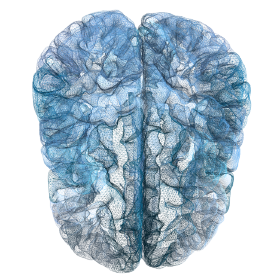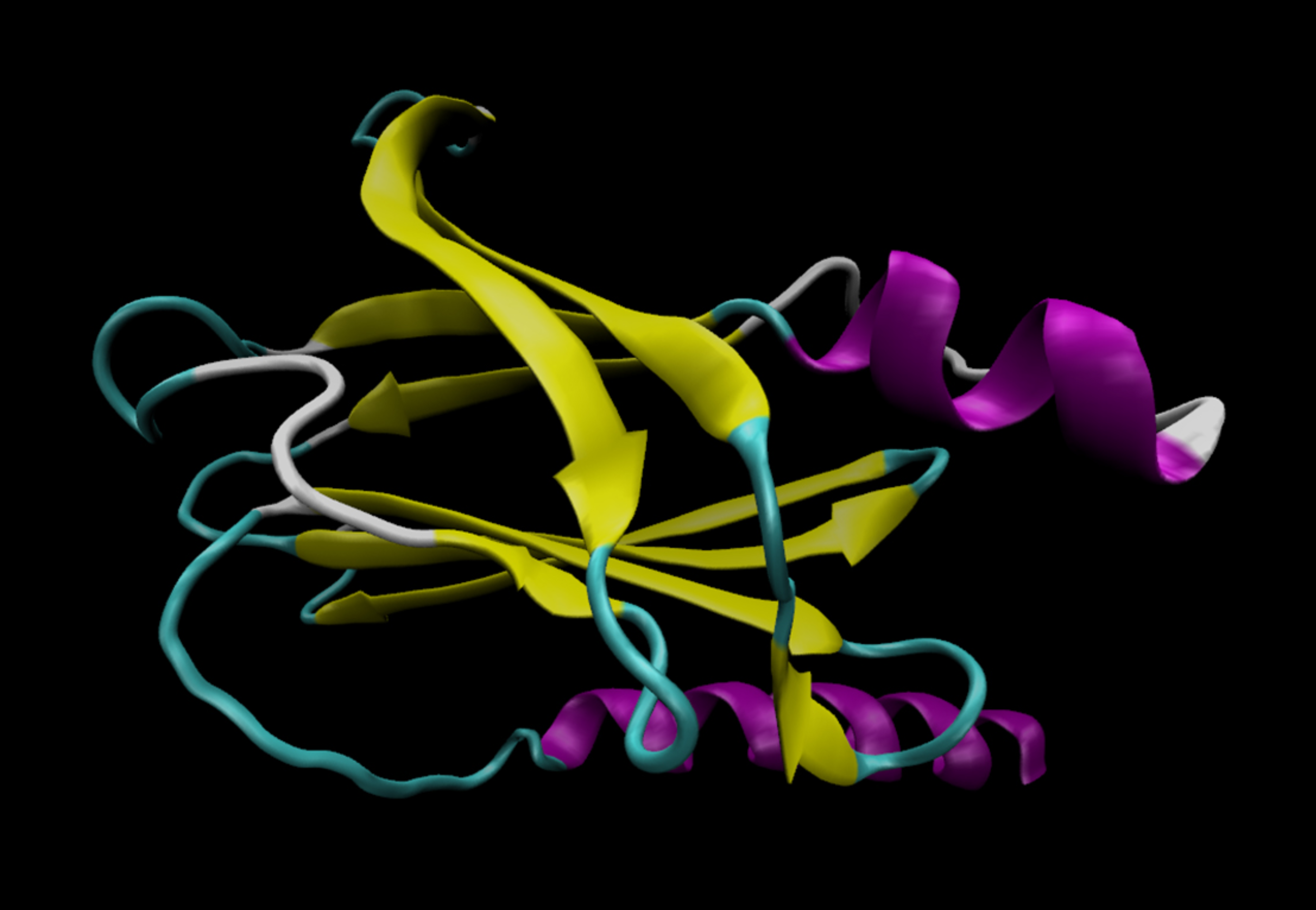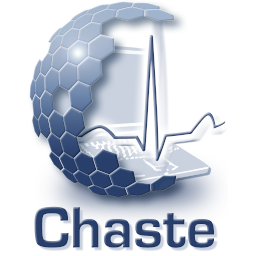Accelerated Applications
◉ At ALAFIA, we have designed an architecture that seamlessly combines low-latency, robust single-thread performance with high-throughput, massively parallel performance for even the most demanding use-cases. Our open architecture is built from the ground up to help mathematical algorithms remove noise from data streams, enhancing accuracy while achieving top-tier real-time performance throughput.
We have optimized every layer of the software stack — from a 64k page size kernel that matches the L1 cache of our processors to an inference acceleration engine with PyTorch leveraging our L3 System Level Cache (SLC). This takes full advantage of our massively parallel heterogeneous architecture, improving how memory-intensive applications run without compromising latency or interactivity. This is crucial for critical applications where stability, security, and compliance are essential. Our supercomputers offers unmatched precision, real-time data visualization, and real-time processing, setting a new standard in performance and accuracy.










